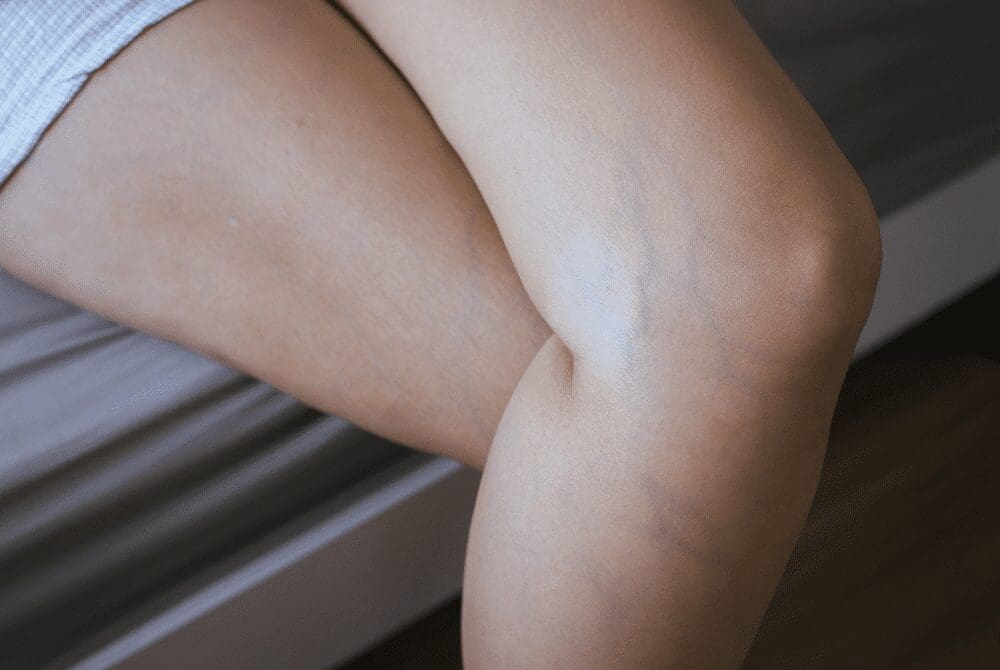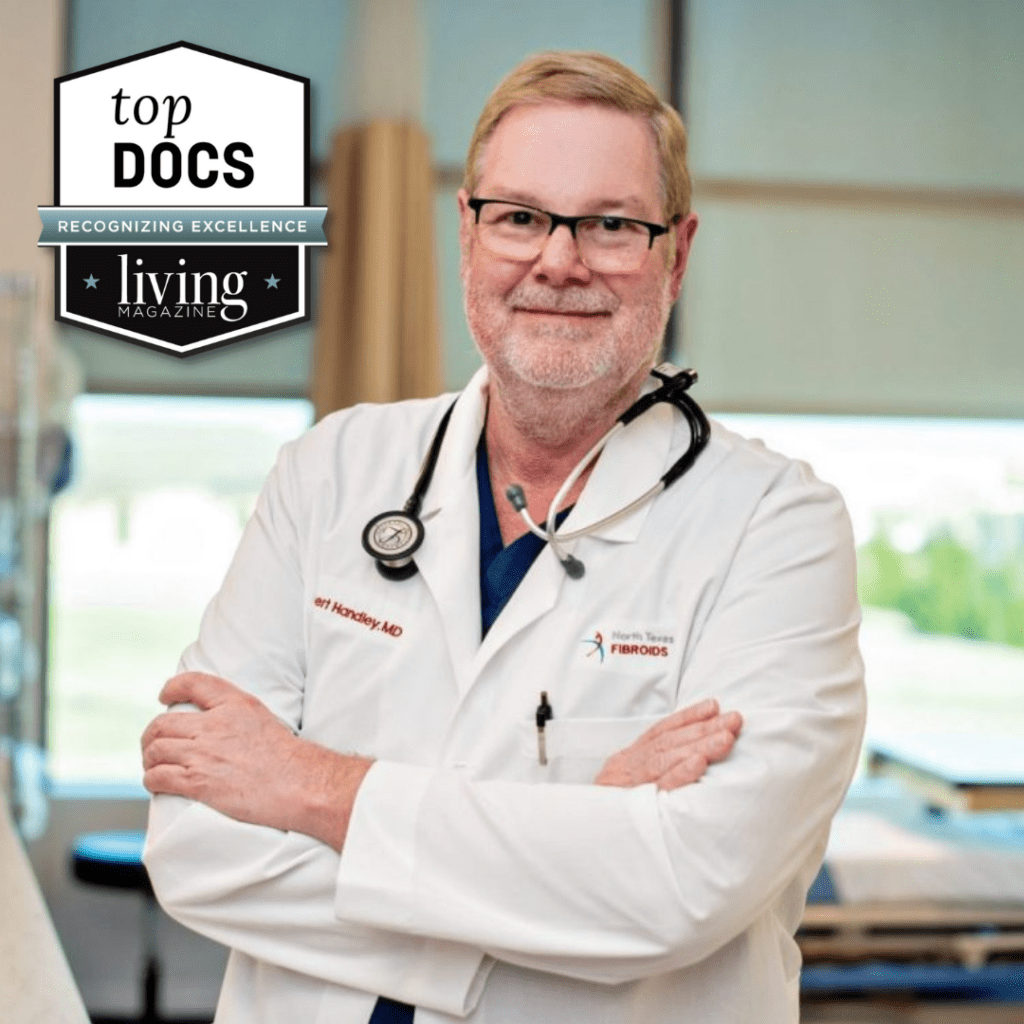If you’re one of the millions of people who suffer from vein disorders, you know how debilitating they can be. Not only do they cause pain and discomfort, but they can also lead to more serious health problems if left untreated. At North Texas Vein and Vascular in Flower Mound, TX, we offer the latest treatments for vein disorders, including sclerotherapy, ELVT, and radiofrequency ablation. We will work with you to develop a treatment plan that’s right for your individual case.
How Can You Treat Vein Disorders?
Conservative Vein Treatment
The most conservative and effective treatment for vein disorders is to focus on lifestyle choices. This includes avoiding long periods of sitting or standing, as well as maintaining a healthy weight. Exercise is also important, as it helps to improve circulation. Wearing compression stockings can also be helpful in reducing symptoms.
In addition, avoiding dehydration and eating a diet rich in leafy green vegetables can help to improve vein health. If lifestyle changes are not enough to improve the condition, there are several minimally invasive treatments that we use to treat more severe cases of vein disease.
Sclerotherapy
Sclerotherapy is a minimally invasive treatment used to treat spider veins and small varicose veins. The treatment involves injecting a pharmaceutical solution into the veins, which causes them to collapse and fade from view.
Sclerotherapy is generally safe and effective, and can be performed in our doctor’s office with little to no downtime. While results vary from patient to patient, most people will see a significant improvement after just one or two treatments. For best results, multiple treatments may be necessary.
Laser Vein Ablation
Laser vein ablation is a minimally invasive technique used to treat symptomatic varicose veins and spider veins. The laser energy selectively targets and destroys the abnormal veins without harming the surrounding skin. This process is also known as endovenous ablation. Laser vein ablation is typically performed using local anesthesia in an outpatient setting. Depending on the number and location of the veins being treated, the treatment may take anywhere from 30-60 minutes.
Radiofrequency Ablation
Radiofrequency ablation uses heat to destroy the affected veins. The treatment is usually done on an outpatient basis, and it usually takes less than an hour to complete. Before the treatment, you will be given a numbing medicine (dilute Lidocaine) to numb the area. Once the anesthetic has taken effect, Dr. Handley, an experienced interventional radiologist, will insert a small needle into the vein.
A specialized device is then used to deliver radiofrequency waves to the vein, which heats up the vein and causes it to collapse. Blood flow is then redirected to healthy veins. Radiofrequency ablation is usually a safe and effective treatment for varicose veins.
Ultrasound Guided Foam Sclerotherapy
The treatment entails injecting a foam into the affected vein, which then helps to collapse the vein. The ultrasound guidance is important because it helps to ensure that the needle is placed in the correct spot and that the entire vein is treated. The treatment usually takes about 30 minutes and is done in the office.
After the treatment, patients are typically able to return to their normal activities. Ultrasound-guided foam sclerotherapy is an effective treatment for varicose veins and spider veins and can help improve the appearance of your legs with no scarring.
Ambulatory Phlebectomy
Ambulatory phlebectomy is a surgical technique that is recommended to remove larger, bulging varicose veins. The surgery is usually performed on an outpatient basis, which means you can go home the same day. During the procedure, small incisions are made in the skin over the vein. A special hook is then used to remove the vein through the incisions.
You will need to wear compression stockings for a period of time after the procedure to help with healing and to prevent new veins from forming. In most cases, treated veins will not reappear. However, if new spider veins do appear, additional treatment may be needed.
VenaSeal Closure System
The VenaSeal closure system is a non-surgical treatment for varicose veins that uses a medical adhesive instead of heat or chemicals to close the vein. The procedure is guided using an ultrasound, and the adhesive is injected into the vein through a small catheter. The VenaSeal treatment is less invasive than other treatments, and there is no risk of burns or scarring. The treatment process is also quick, and most patients can return to their normal activities immediately afterward.
Types of Vein Disorders That We Can Treat
Thrombosis
Thrombosis is a vein disorder that occurs when a blood clot forms in one of the veins in your body. This can happen for various reasons, but usually, it’s the result of an underlying medical condition. When left untreated, thrombosis can lead to serious health complications like deep vein thrombosis (DVT) or pulmonary embolism. There are several different conditions that can lead to thrombosis. Some of the most common include:
Varicose Veins
This is a condition in which the valves in your veins are not working properly, which can cause blood to pool in your veins and eventually lead to clotting.
Pregnancy
Pregnancy increases your risk of developing thrombosis due to the increase in blood volume and changes in hormone levels.
Cancer
Cancer cells can release substances that make it more likely for blood clots to form.
Heart Disease
Conditions like heart failure and atrial fibrillation can cause blood to pool in your veins and lead to clotting.
Inactivity
If you sit or stand for long periods of time without moving, your risk of developing thrombosis increases. This is because gravity causes blood to pool in your veins when you’re not moving around.
Blood Disorders
Conditions like polycythemia Vera or sickle cell disease can make it more likely for blood clots to form.
The most common symptom of thrombosis is pain or tenderness in the affected area. You may also notice swelling, redness, or warmth in the affected area. In some cases, you may also have symptoms like shortness of breath, chest pain, or coughing up blood if the clot has traveled to your lungs. If you experience any of these symptoms, it’s crucial to visit us right away so that you can be diagnosed and treated accordingly.
Insufficiency
Your veins are responsible for transporting blood throughout your body and delivering oxygen and nutrients to your cells. When they are not functioning properly, it can have a major impact on your health. Venous insufficiency is a condition that occurs when the valves in your veins are not functioning properly. These valves are responsible for keeping blood flowing in the correct direction — toward your heart.
When the valves are not working correctly, blood can flow backward and pool in your veins. This can cause a number of problems, including:
- Swelling in the affected limb (edema)
- Heaviness or fatigue in the affected limb
- Aching or throbbing pain in the affected limb
- Cramping or muscle spasms in the affected limb
- Restlessness or insomnia
- Itching or tingling in the affected limb
- Discoloration of the skin in the affected limb
- Ulcers or sores on the skin in the affected limb
Am I a Good Candidate?
If you are concerned about the appearance of varicose veins or spider veins, you may be wondering if you are a good candidate for treatment. In general, most people who are bothered by the cosmetic appearance of their veins are good candidates for treatment. However, there are a few other factors that can influence whether or not treatment is right for you. For example, if you have pain or discomfort in your legs, you may be more likely to benefit from treatment.
Additionally, if your varicose veins are large or cause significant swelling, you may be a good candidate for more aggressive treatment options. Ultimately, the best way to determine if you are a good candidate for varicose vein treatment is to schedule a consultation. We will be able to assess your individual case and advise you on the best course of action.
Say Goodbye to Vein Disease and Hello to Beautiful, Smooth Skin!
At our state-of-the-art facility, we offer a variety of treatments for vein disease, including sclerotherapy, laser treatment, and other minimally invasive procedures. We also offer a wide range of cosmetic treatments to help improve the appearance of your skin. So whether you’re looking for relief from vein disease or simply wanting to improve the appearance of your legs, we can help. Contact us today at North Texas Vein and Vascular in Flower Mound, TX, to schedule a consultation.

